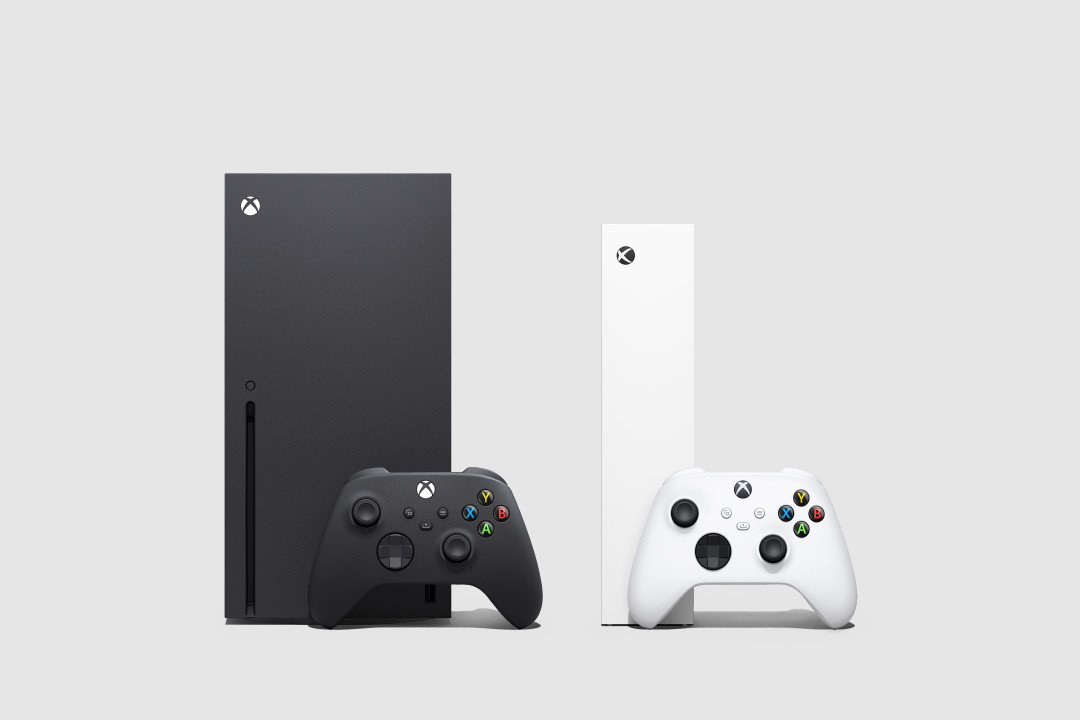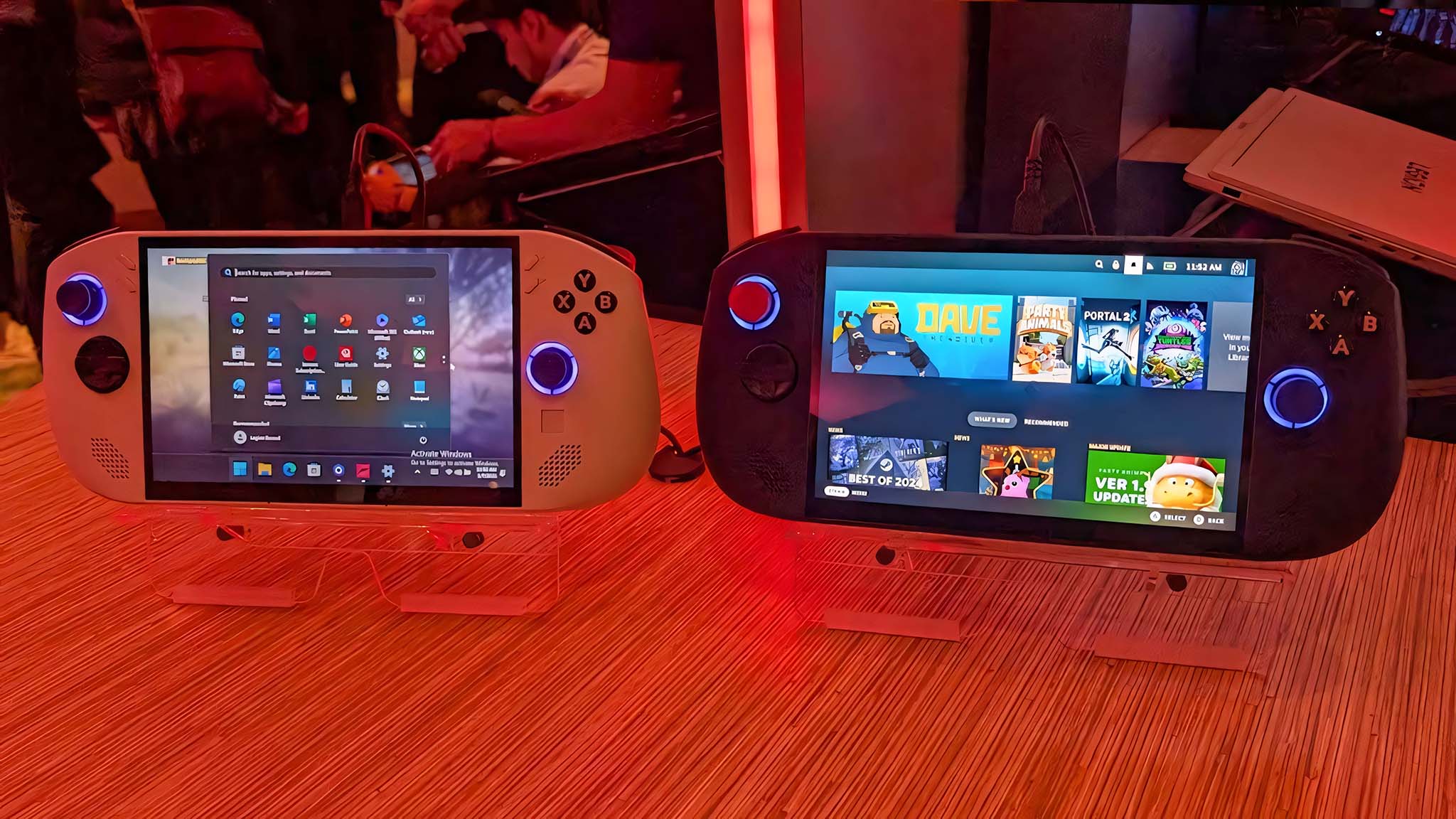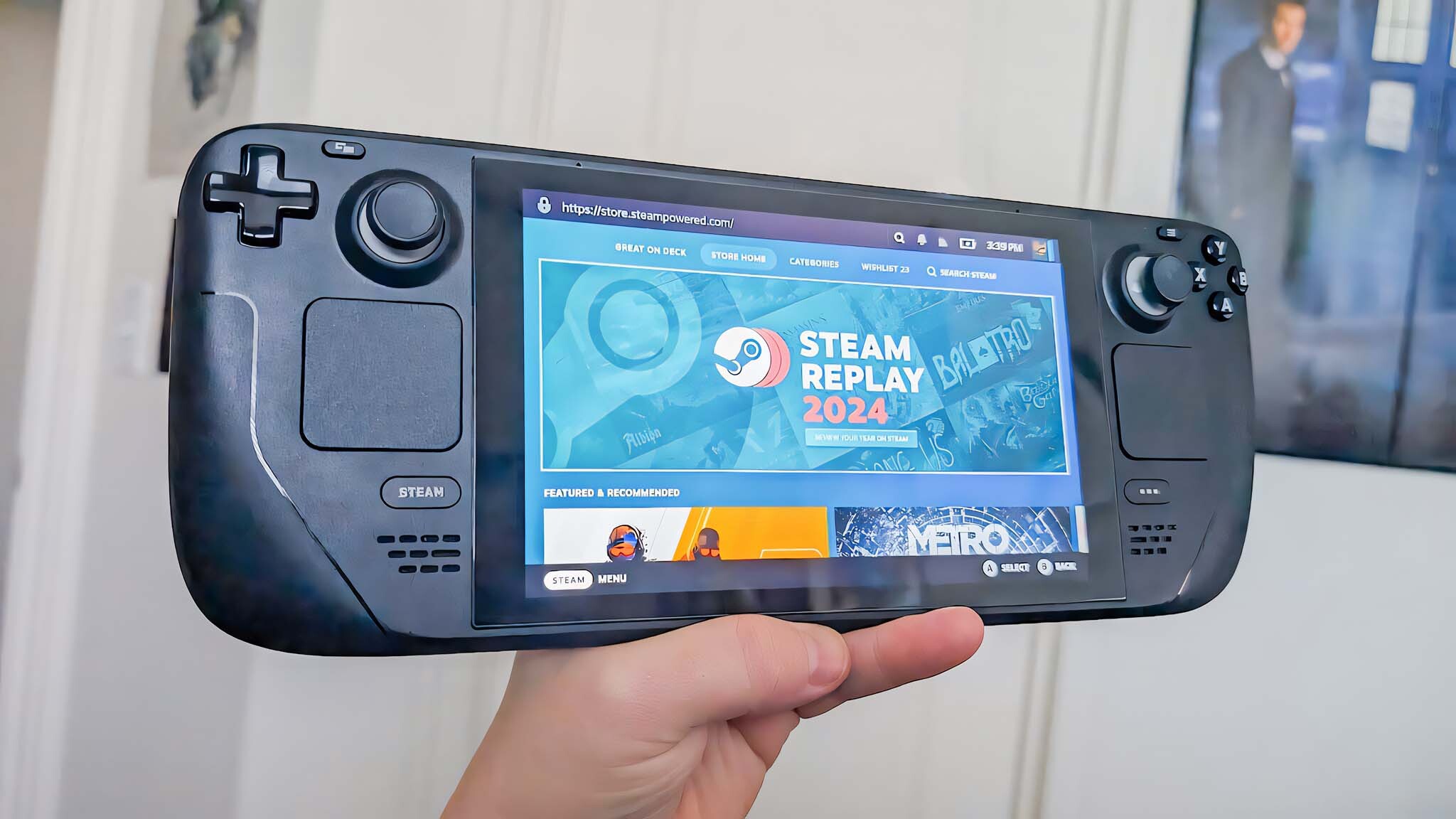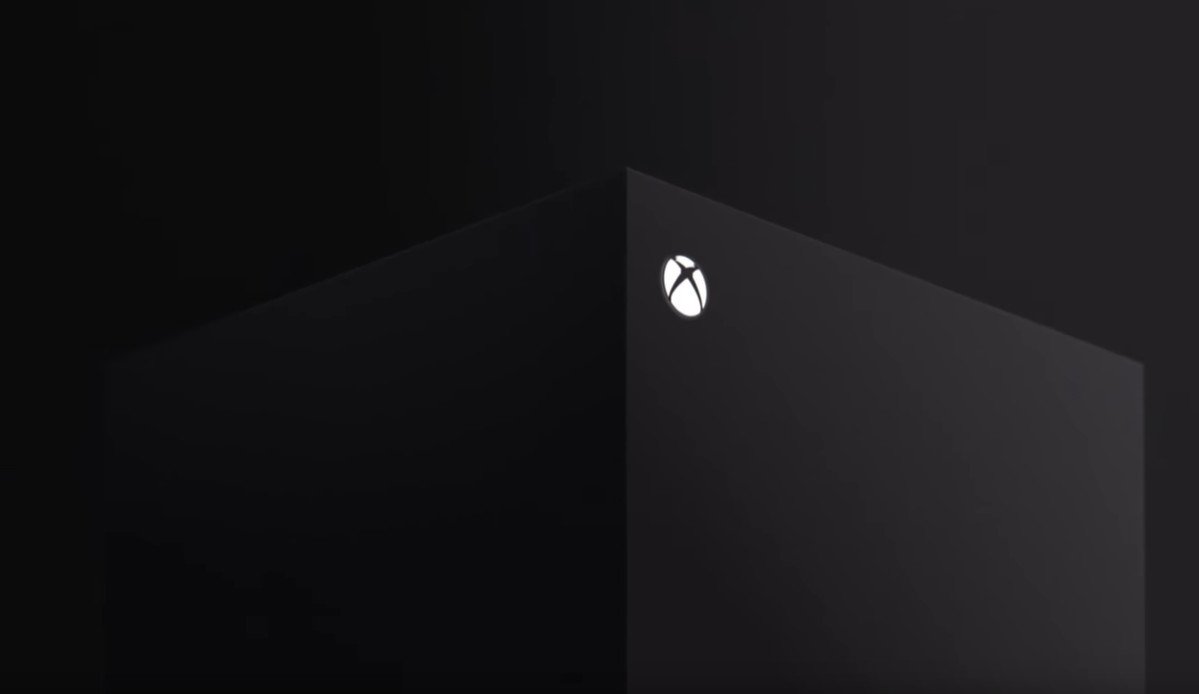2025 is finally here, and for Xbox fans, that marks another year of dualities.
Microsoft is likely to have its most potent year in first-party content in history. After almost a decade of requests from Xbox fans, Microsoft’s acquisition spree is finally starting to bear fruit. Indiana Jones was a game of the year-worthy entry late last year. Second-party publishing scored major wins with STALKER 2 and Palworld. Long-time holdouts like Genshin Impact, Final Fantasy Pixel Remaster Collection, and even Death Stranding arrived on Xbox. Combine all of that with a solid content output from Blizzard, Activision, Bethesda, and Xbox Game Studios, and 2024 was a pretty great year for raw games.
But there was a major elephant in the room to contest with as well.
Microsoft betrayed previous comments about Xbox exclusive games by effectively admitting that the console platform is no longer big enough to sustain its operation. As such, more and more Xbox games have begun hitting PlayStation, leaving Xbox fans to wonder if Microsoft even has a future as a platform holder. I suspect 2025 will continue to generate such questions.
Let’s dive into some 2025 predictions and not-so-predictions for the Xbox platform, and what its future might look like.
More content than ever for Xbox, and more content than ever outside of Xbox
It’s a strange duality Microsoft now finds itself in. It now has the biggest mobile games, the biggest shooter service game, the biggest MMORPG, and various other billion dollar franchises under its belt. The Activision-Blizzard acquisition was supposed to be a major coup for Xbox, giving it command of some of the largest entertainment brands in history, but so far, it hasn’t led to the renaissance for Xbox many of its customers were hoping for.
Most people accepted that Activision-Blizzard was too large to truly result in exclusive content for Xbox console players. But few could’ve predicted that the acquisition would lead to Xbox practically losing all exclusive games in the process. Indeed, as I wrote this past week, Xbox is preparing to send Halo, Gears of War, and various other exclusives to PlayStation and the Nintendo Switch 2. It comes after comments from Xbox CEO Phil Spencer that denoted how important exclusive games were to Xbox. Spencer acknowledged previously that Sony uses the money it generates from sales of games like Minecraft to buy exclusivity on popular games like Silent Hill 2, Stellar Blade, and potentially Black Myth Wukong. Spencer also previously said that Xbox fans deserve clarity on what games will, or won’t be exclusive. He also said specifically that it “wouldn’t be Indiana Jones” going multiplatform, just months until it was announced that Indiana Jones is indeed going multiplatform. So what’s going on here exactly?
Phil Spencer, 2020: “I don’t really love this idea that for every one of our games, there becomes this little rumor on it ‘is it going to end up on the Switch or not.’ I feel we should set a better expectation with our fans than that.”Fans will judge Xbox on words & actions. https://t.co/WMU98Mnwp6January 6, 2024
Xbox like most large companies operate on future projections, and most projections revolving around the game industry all up, especially consoles, isn’t exactly hot right now. Xbox is lowest on the rung, and is suffering more than most, with near free-fall hardware declines quarter over quarter practically since the Xbox Series X|S platform ended its initial launch wave. Hardware figures don’t tell the full story though. The addressable audience for console gaming isn’t growing as rapidly as costs have been growing, which has forced Xbox to find alternative revenue streams. This has included Steam and the Microsoft Store so far, but in 2025, will include PlayStation more so than ever before. Iconic franchises like Halo going to PlayStation is a watershed moment for Xbox as a platform, leading it into an uncertain future.
So for 2025, you should probably expect further hardware declines year-over-year, accelerating Microsoft’s “Project Latitude” strategy. More games will head over to PlayStation 5 and Nintendo Switch 2 as a result, as Microsoft seeks to find new users regardless of where they are. The cost of user acquisition into the Xbox hardware ecosystem has simply become higher than the cost of supporting PlayStation, at least in the short term. But that doesn’t mean current Xbox hardware customers are set to lose out.
Microsoft will still have some Xbox exclusives to reveal this year too, even if some of them are at least “timed” exclusives. Microsoft has its Xbox Developer_Direct on January 23rd, with DOOM: The Dark Ages, South of Midnight, and Clair Obscur: Expedition 33. There’s also a mysterious fourth game, and I won’t spoil what it is, but our sources indicate that it is a new entry in a legendary Japanese IP which has decades of history, and should make a lot of fans happy. Indeed, Microsoft has won some strong support from the region lately from studios like Square Enix for Final Fantasy, HoYoverse for Genshin Impact, and Sega/ATLUS for Persona, and we suspect this new game will help further that trend.
Microsoft should have its strongest and most powerful line-up in history for 2025, but its unlikely to deliver any strong bump to its hardware footprint, which creates concern for the long-term viability of the Xbox hardware platform. But, what if it merged with Windows itself?
With divided attention, Xbox is becoming a jack of all trades, but will it also end up as a master of none?
At CES 2025, Microsoft’s VP of Next Gen Jason Ronald appeared alongside Lenovo and Valve to discuss one of gaming’s most intriguing hardware categories of recent times, the PC gaming handheld. The big issue here is that Windows just isn’t designed for handheld controller use, with the vast majority of the shell expecting there to be a mouse present. This has given the Steam Deck and new third-party Steam OS devices a clear win in the usability arena, even if Microsoft can boast stronger compatibility. Getting things like PC Game Pass on a Steam Deck, or games delivered by third-party launchers like Genshin Impact or Fortnite, is generally a bit of a headache.
GUIDE: How to install Windows on a Steam Deck
Microsoft aims to boost the usability of Windows on devices like this throughout 2025 with a variety of updates to things like the Xbox Game Bar and so on. But perhaps Microsoft is gearing up to go further, and truly bridge the gap between Xbox and PC in a way we previously thought impossible.
“Xbox Play Anywhere” is one of the Xbox platforms most underrated features, giving you the ability to buy a game once, and play it across both PC and Xbox consoles on a single license. That now also includes Xbox Cloud Gaming as well, truly offering a universal plug-and-play experience that Steam is only just beginning to match. There’s a race underway to truly deliver that “gaming everywhere” experience between Xbox and Steam to that end, and we’ll likely see both players double and triple down on accommodations for both players and developers towards getting there first.
While Xbox hardware has seen sales declines, Microsoft’s total users on console remain steady according to Xbox lead Phil Spencer. Microsoft also has other ways it can grow total addressable users within the Xbox ecosystem, though. I’ve heard that Xbox Cloud Gaming, which are technically Xbox console users, recently hit a new usage milestone. Microsoft is also working on expanding Xbox Cloud Gaming too, adding things like 4K streaming, higher bitrates, PC game support, and more buy-to-own Xbox cloud games, with semi-regular content drops as it expands its network storage capacity. Microsoft is also allocating more silicon to meet demand for Xbox Cloud Gaming, which continues to see strong growth in markets where console hardware is considered a higher-end luxury.
But I keep asking myself, can Xbox really serve all these different goals simultaneously without underserving its existing users? While chasing new users over on PC and across cloud devices like the newly announced partnership with LG TV and Amazon Fire Stick, are Xbox Series X|S console users currently satisfied with their experience? Do potential new customers see Xbox Series X|S consoles as a decent option over Steam Decks, PlayStations, and other devices? I suspect that Xbox will begin teasing its hardware aspirations more strongly this year, partially to head off rumors that it could “exit” console hardware, but also to remind fans that it is well and truly working on new innovations.
We got hints that Xbox’s “Sebile” haptics controller is still in development, and Phil Spencer himself said that the firm is working on an Xbox handheld of its own. Will the handheld run the Xbox OS though, or Windows itself? Microsoft’s Xbox store has thousands of games, thousands more than the PC Microsoft Store. Microsoft doesn’t necessarily have the licenses to sell PC versions of those Xbox games, though, unless it is building some form of emulation layer. But wouldn’t that potentially throw up contractual issues with publishers too? But if the handheld is simply a Windows-based device, why bother stepping on the toes of their OEM partners like Lenovo and the like? I predict we’ll get some answers on where Xbox is taking its existing users to that end — I definitely don’t want my hundreds of digital Xbox titles to get orphaned on a platform that doesn’t have a future.
An Xbox balancing act
Indeed, It’s a huge balancing act Microsoft is trying to pull off here, between building platforms for mobile, cloud, PC, while keeping existing users happy. I think on content, Xbox will likely have its best year ever fpr upcoming games. On platform, I’m expecting more confusion and concerns for the Xbox hardware ecosystem’s future. I do love the vision of “Xbox everywhere,” but the execution needs to be flawless, both for developers and customers.
What are your big predictions for Xbox in 2025? What do you want to see from Xbox in 2025? Hit the comments, let us know.
Read more: On Xbox’s strange future








